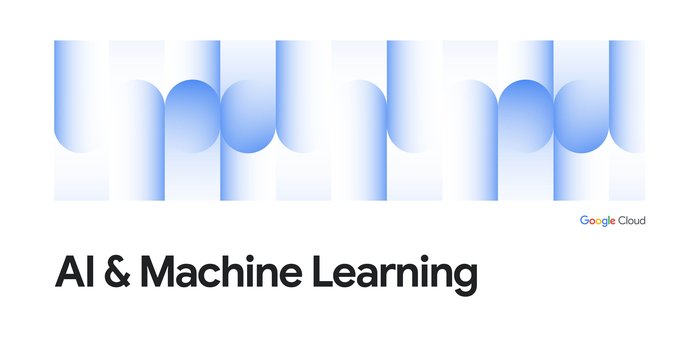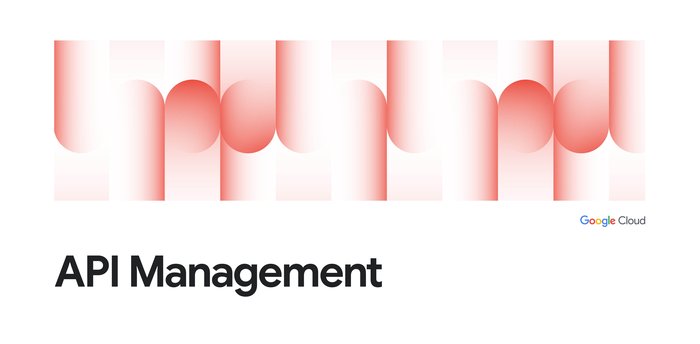API Team Best Practices: Developers, Evangelists, and Champions
Michael Endler
AI Editor
In the previous post in this series about API teams, we explored the API product manager and API architect roles. Here, we’ll describe characteristics of three other key personas on the team: the API developer, the API evangelist, and the API champion.
The API developer
If the architect creates the plans and drafts for the construction of the API, the API developer is the actual builder—the person who brings the wants and needs of the API consumer or application developer to fruition. Their goal is to produce intuitive and highly consumable APIs. They fulfill this goal not only by building the API itself but also by contributing to resources that will help developers most effectively leverage the API, such as documentation.The API developer should be an expert web developer, well-versed in both consumption- and exposure-oriented API development. They should have a strong understanding of the ins and outs of the API management platform to implement security policies, traffic management, and other protocols that support the scaling of APIs per standards consistent across the organization.
The API evangelist
Like any product evangelist, the API evangelist is the voice of API consumers. The evangelist should deeply understand developers and ensure they have all the things they need to be successful. This role is responsible for the vital task of managing the developer portal and ensuring developers have access to detailed information on the product offering, including documentation and software development kits (SDKs).They are responsible for internal and external developer outreach. This outreach might include not only answering questions, running hackathons, and bringing developer feedback to the API team to inform and support product roadmap discussions, but also marketing the APIs via SEO, targeted ads, and other methods.
Evangelists can play a crucial role in attracting partners to the company’s APIs and thus in expanding the ecosystem of participants leveraging the company’s offering. Great API evangelists have a passion for seeing their team’s work blossom into the applications that serve the end user.

Walgreens developer evangelist Drew Schweinfurth describes how API management helps him do his job
The API champion
The API champion is to the executive boardroom or the lines of business what the API evangelist is to developers. They connect an organization’s API programs to the business value they provide by translating data points that may only make sense to technical leaders into metrics that track directly to important company goals—like increasing customer satisfaction.They enlist strong support from executive sponsors who have the ability to provide the funding and resources API teams need to be successful. They should be analytical thinkers and powerful influencers that can develop strategic business goals while paying attention to the technical capabilities of an API product offering.
They should always understand how the business benefits of API products apply to app developers and customers as well. They should ensure the team continues to move in an agile fashion, so the organization can get more MVPs to market and open the door to possible new lines of business.
Though described here (and in the previous post) as discrete roles, each of the API team personas might not manifest in just one person. For example, at some organizations, the duties of the API product manager also encompass the responsibilities of the API champion. At other companies, it’s better for the product manager to focus on the technical aspect of API products while the API champion focuses on communicating business value.
Coming up next, we’ll discuss three important objectives of the API team.
Learn more about managing APIs as products. Download our eBook, The API Product Mindset



